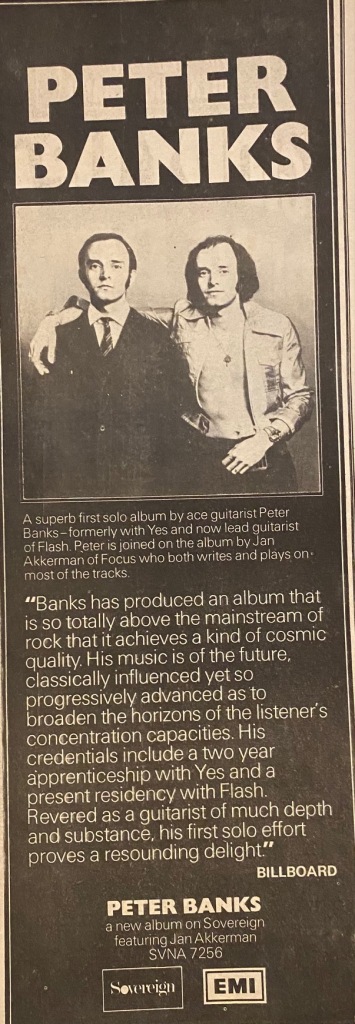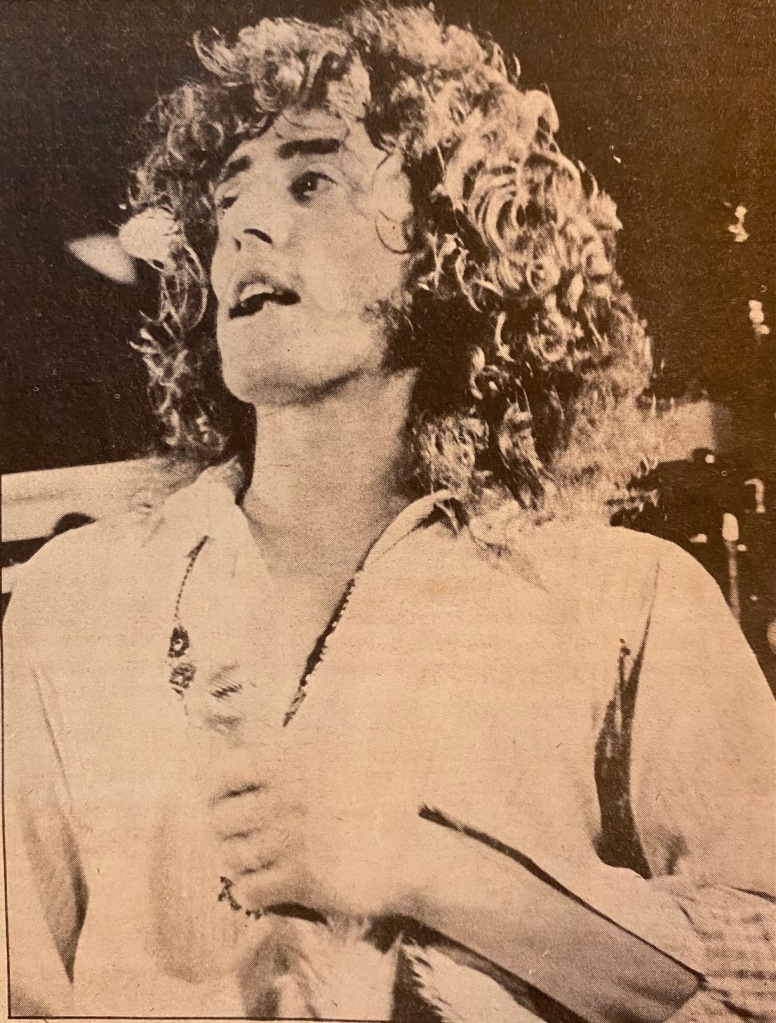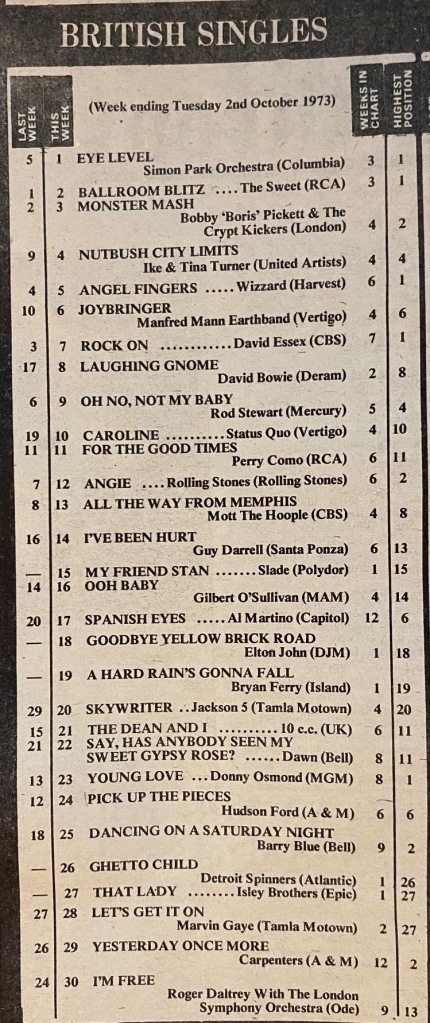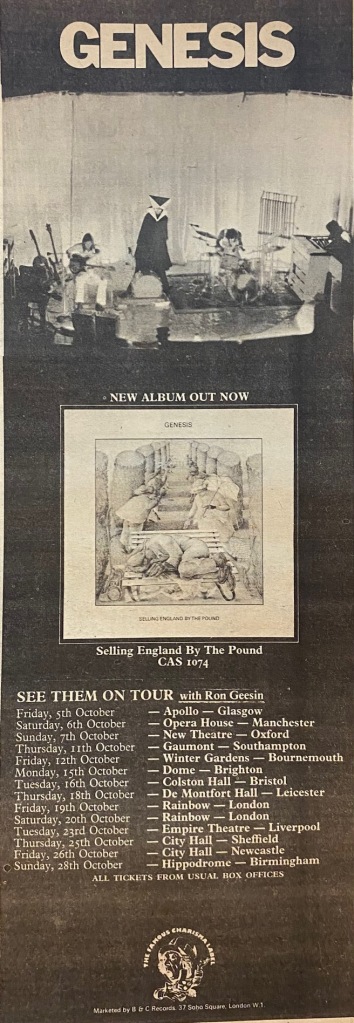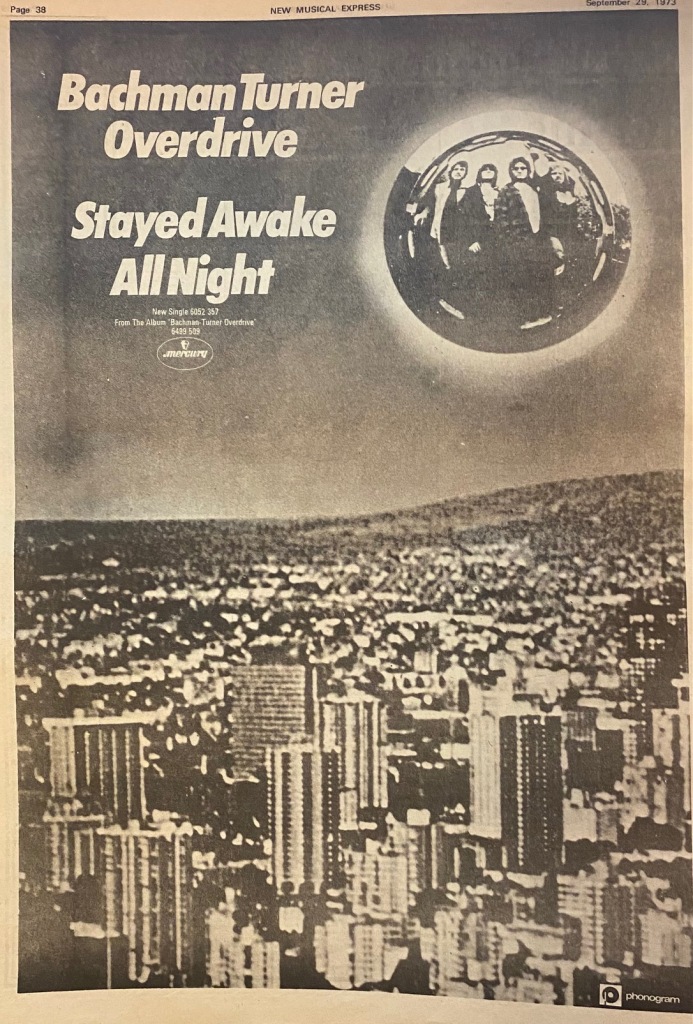One thing is for sure, Mrs Quatro could handle herself in every situation. She was no shrinking violet when faced with whatever situation she found herself in. This article proves what I am saying.
Read on!
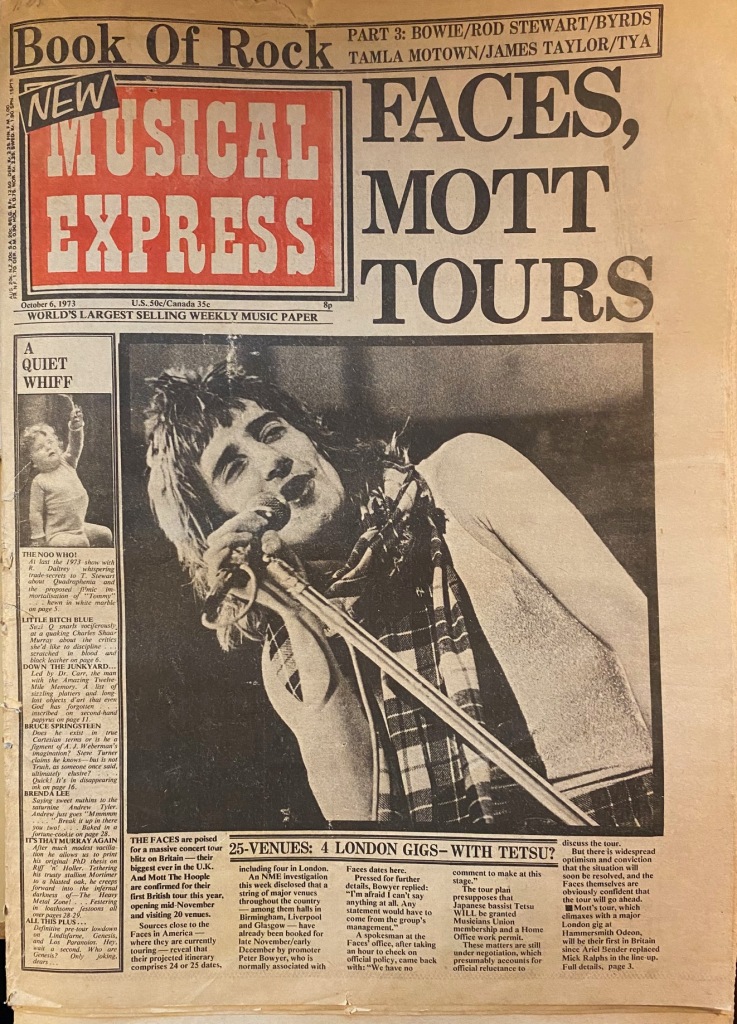
You don`t have to be a dyke…
…but it helps
Suzi Quatro talks of image and associated topics to Charles Shaar Murray
I FIRST ran into Suzi Quatro late last year. She was a nice, bouncy little American chick who played bass, wrote songs, was forming a band and had just put out a flop single. I dug her attitude to life and other semi-related topics, quite got off on her record, flawed though it was, and tied her in the interesting To See What She Does Next department.
Seven months later, and Little Ms Q was a Bona Fide Star. Had she changed? Had she become a horrible little bitch? Was she lead bareback rider in the Ego Circus? Well, she’s even made it as far as a Penthouse centrefold.
How, you ask, can a chick with boobs that small break into the last stronghold of male chauvinist piggery? Simple, Benson — she keeps her clothes on. A clothed Penthouse Pet? Well, stranger things have happened — theoretically anyway.
So back at Rak, Ms Q collapses into a chair and commences the interview. She’s great — you hardly have to ask her any questions. Just turn the cassette machine on and count her in. On your marks, Suzi — get set, rap!
“Well, this German interviewer got cute and asked me my most hated question, which is ‘Howcum if you write all your own stage songs and album tracks, you have Chinn and Chapman writing your singles?’
“If I hear that question one more time I’ll… anyway, so I said, ‘Excuse me, how much do you make in a week?’ I said, `Well, I make about three times that, so don’t fucking ask me why somebody else does my singles’. `That was the end of the interview. I don’t like that question. It’s such a stupid question. Were you gonna ask me?”
Fervent denials.
“I just prevented you from asking it, anyway. See how clever I am?”
Since, I pointed out, I’d been given an album the previous day that had pictures of Suzi on the sleeve, and her music inside, I’d come to the conclusion that she had an album out that week. Would she care to comment?
“Hah, an intellectual. I’m glad the papers have started hiring intellectuals. Actually you’re right. I do have an album out. Have you heard it?”
“Yup.”
“Do you like it?”
Jesus. it’s one thing reviewing an album, but have you ever tried giving a live performance of the review to the artist concerned. Gasp in awe, gentle reader, at my audacity, honesty and strength of principle. Ready? You better be, because I sure can’t be bothered to do the whole thing all over again in the reviews pages.
“Yes, with reservations, and both those reservations are basically to do with the production. It’s too light, and too gimmicky. I would have preferred a much heavier sound, recorded in a much straighter way.”
Whew.
“The other main objection is that the way your voice is recorded I can’t understand the lyrics.”
“They’re very good lyrics, actually. It’s a shame. I mumble, though. I always have done.”
So why no lyric sheet?
“Makes it look like a folk album, though. Doesn’t it? Peace and love and flowers and here’s the lyrics to my latest end-the-war song. I think rockanroll is exactly what it is when you put it down. Smash. I think Mike produced it not so much as an album, but a little more singley commercially. Which is probably a good idea for a first album, because all that people know about me is ‘Can The Can’ and ’48 Crash’.
“So for the first album, you have to stick basically to what the people know about you. We’ve already started on the next album, Len and me (lead guitarist Len Tuckey), and it’s going to be much more bottom-heavy and much more musical. We might lose some of our singles fans by the next album, I don’t know.
“I always go overboard on my bass solos,” she adds in answer to a query. “They always tell me to stop. See, I tell them that their solos can’t go over a certain number of bars, and then I say, ‘I’ll take a little more’.”
Self-indulgence, I mutter.
“Sure, but the bass is the best instrument, don’t you think? Where does a bass hit you? Right between the legs. You listen to a stereo, and when it comes on you just have to lay back.”
My own favourite cut on the album is Suzi’s version of “I Wanna Be Your Man”. You ‘eard – “I Wanna Be Your Man”. It’s a totally inspired piece of bad taste, and the best change of emphasis double-whammy that anyone’s pulled on an already-familiar song since Bowie turned the sexual tables on “Let’s Spend The Night Together”. But more on that later.
“My dad used to come to our shows, and he’d come back stage and he’d say, ‘Now listen! You gotta pronounce your words’, and I’d say, ‘S’alright, it’s ROCK AND ROLL’. And still today, you can’t understand what I’m singing. I`m gonna have to concentrate on my pronounciation. Who else used to mumble? Joe Cocker?” Yeah, but Cocker’s songs were already so well-known that he didn’t have to get into his diction. “That’s a nice point, actually. I think I’ll have to do that on the next album. I’ll put it on the front -`Suzi Quatro with lyrics you can understand’.
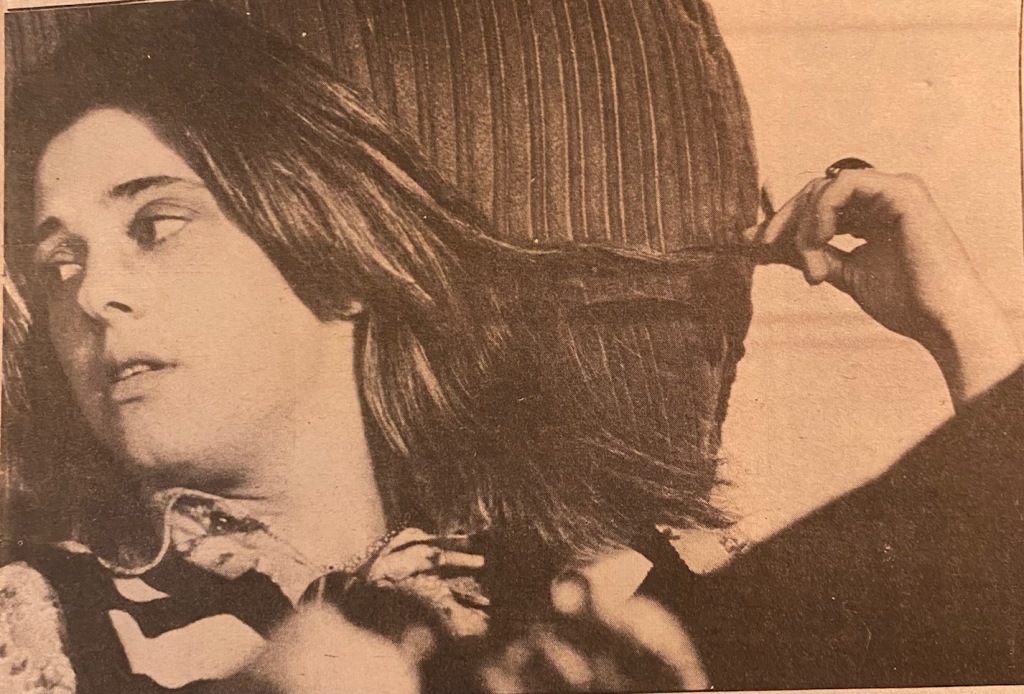
On the cover, Suzi’s all done up in her leathers surrounded by those really gross looking guys swigging beer and posing. Then there’s that `I Wanna Be Your Man’ — well, it makes you think, dunnit? Why this whole dyke trip? “You don’t haveta be a dyke to be tough,” pronounced Ms Q, adding in a deafening whisper, “but it helps!” “Everybody expects me to be some six-foot” -horrifying roar – “I’ve told a million people if I’ve told one that my toughness is in my mind. It’s an attitude that I have towards the business. Determination and all that crap, that’s where my toughness lies. “‘I Wanna Be Your Man’ is a double meaning, because a man is tough by the stereotype of the word, isn’t he? So I’m taking the piss out of it by singin` “I Wanna Be You Man’. It’s very sarcastic.
“Wait’ll next month when I come out with ‘Yesterday Once More’ by the Carpenters. I’ll wear a long dress and put bows in my hair. People will be hanging themselves by their whips that they’ve named after me. Well, it’d be nice if they did name whips after me. You know how Alice Cooper gave away those paper knickers? I was thinging about a garter belt.”
But Suzi dear, you don’t wear one. After all, what can you wear under those leathers?
“Absolutely nothing, but ya can’t put that in an envelope. Yeah, I’m very happy with the album. It`s a very good first one. The thing is that I could never make another one like that. It`d be death. That would mean that you`ve found your thing and done it, and then you`d have nothing more to say. Over and over and over again and you think, `for fuck`s sake shaddup`. “Glycerine Queen` on the album is great, it`s very funny. It`s about a little blond boy who came into our dressing room one night. We wear glycerine on stage because it picks up the light and looks oily and greasy. The boys put it on their arms.
“Anyway this kid came in wearing lots of makeup and looking just like David Bowie, and he said. ‘I thing you’re wonderful’, and Len, who’s a real pisstaker, grabbed this bottle of glycerine and said `D’you take this?’.
“The kid said, “Yeah, man, I take anything,’ and he poured the glycerine into his beer and drank it. I don’t know if he’s still alive, but if he is, a message to him: there’s a song about you on our new album.”
At this point, the conversation started getting sordid. Readers under 18 please turn back and start getting into the Roger Daltrey piece. Those of you who are beyond corruption (or alternatively, don’t understand some of the more outre words), plod on.
What, Ms Quatro, do you see as the future of the bondage-rock movement? Will there be a whole slew of whip-slinging degenerates coming on stage in chains, rubbers and intricate strap arrangements?
“I hope not, because then I won’t be different, will I? I don’t know, I hadn’t ever thought about it. There’s no-one else doing any of that at the moment, so I don’t know where they’re all getting it from.
“Maybe everybody’s goin’ through an unsexual period and so they’re spicing things up by beatin’ each other. God, things are really gettin’ better, aren’t they? I don’t beat the crap out of people. I wish I was bigger, though, then I fuckin’ would, a lot of times.”
Who?
“You!” she riposted, miming a crunching blow in the general direction of my exquisite nasal organ. “See, I have to use my mouth as my weapon all the time. My comments and my fuck yous have to be my weapons. If I was bigger, I’d handle it very differently, I’d just go ‘pow’. When I’ve gotten mad I’ve hit people before and it’s like a fly landing on their arm.”
Why not carry a knife?
“I used to. I pulled it on a couple of spades in downtown Detroit. I was shittin’ myself. I was walking down the street, and I had my handbang with me. I was by myself, and there was about five or six of ’em. I could hear them behind me, sayin `Hey man, I’m gonna kick yo’ white-trash ass’.
“I though, ‘Oh Jesus’ and I pulled the knife.
“Now, nobody wants to get cut up. They don’t know just what you’re gonna do, right? One guy said, ‘Cool, man, cool, okay sister, I’ll leave you alone’ and they went away. I stopped carrying it when I came over here.
“About the most exciting thing that happened here is when a flasher hits on you in the tube. My sister had come over to visit me, and there was this guy standing in the corner, playin’ with himself .
“So I turned to my sister and said, ‘don’t look now, but the guy over there is playin with himself,’ and she went, ‘Oooh, what’ll we do?’ Well, he’s over there really gettin’ into it, and the train stops. So right on cue we started clappin and whistlin’, `Yay, more, take ’em off!’.
“The poor guy turned beet red and ran straight off the train.”
The original music paper this article came from (pictured at the top) is for sale!
Send me an e-mail if you are interested. Send it to: geirmykl@gmail.com
The offer should be 20 $ (US Dollars) to be considered. (This includes postage).
If you order several papers – contact me for a “special” offer.
We conduct the transaction through my verified Paypal account for the safety of both parties.
If you have a large collection of the following magazines, don`t throw them out, but contact me as I would be very interested in these: Creem, Circus, Hit Parader and Metal Edge.
If you have a music-related web-page where this fits – please make a link to the article. With credits to the original writer of the article from all of us music fans!
